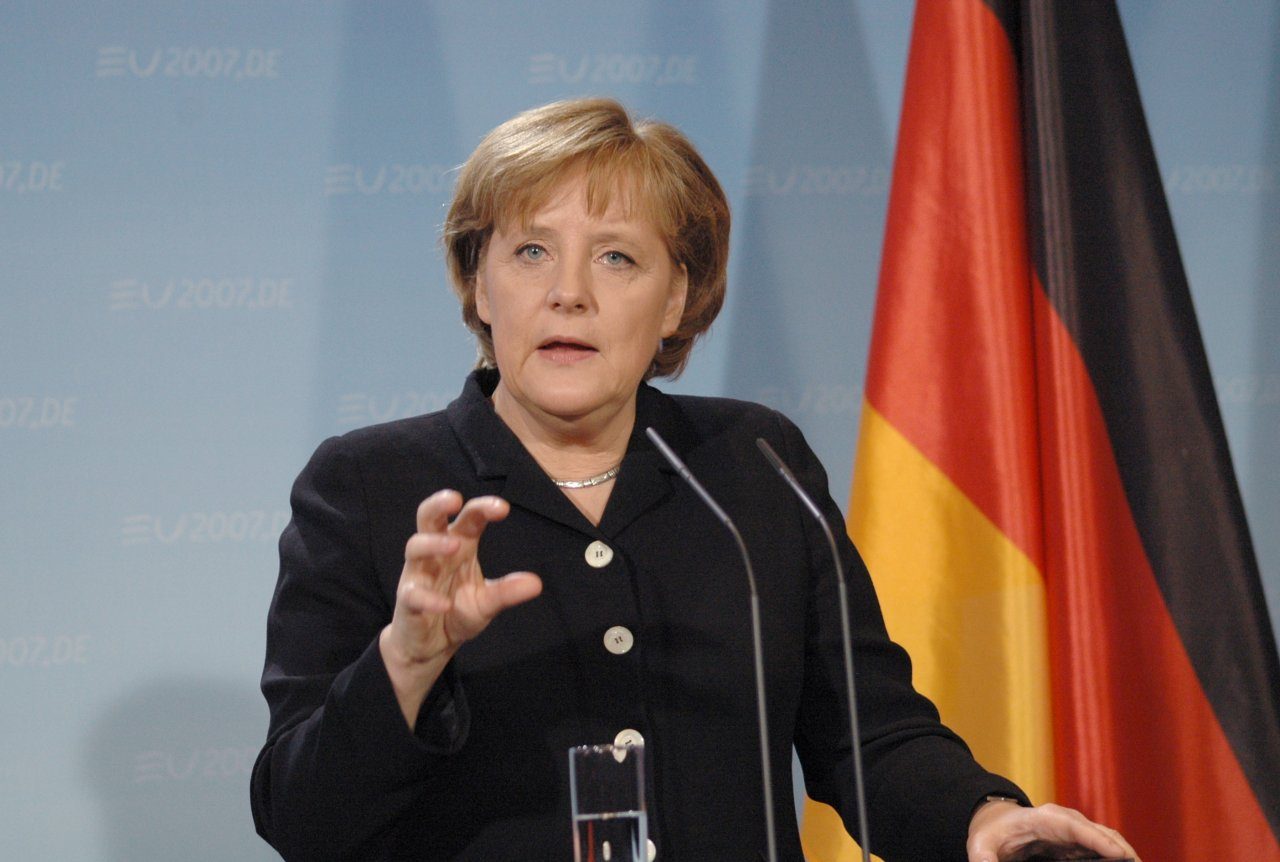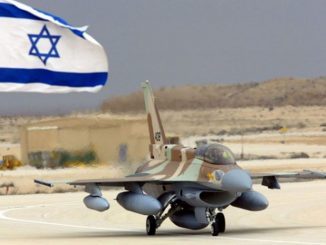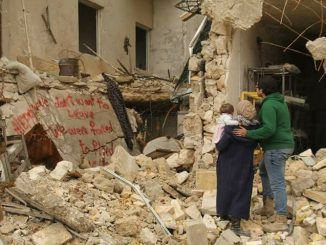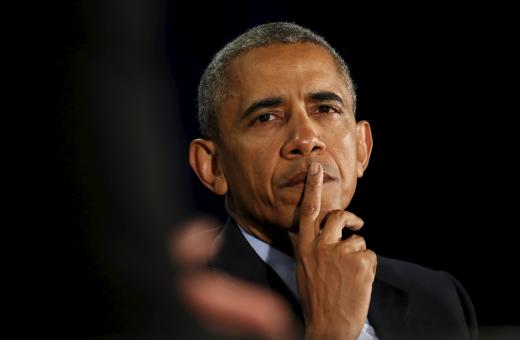
German Chancellor Angela Merkel urged Russia on Friday to use its influence with the Syrian government to end the devastating bombardment of Aleppo, as her government opened the door to possible sanctions against Russia for its role in the conflict.
Assad regime, backed by Russia, said on September 22 it was starting a new wide offensive to recapture the rebel-held parts of Aleppo after a week-long ceasefire was declared officially over on 19 September. the offensive includes a ground assault, artillery bombardment, and intensive airstrikes.
Since 19 September, more than 600 civilians have been killed and more than 2000 injured in rebel-held areas of Aleppo province, including the besieged eastern part of the city, Civil defense workers said.
In some of her harshest comments to date, Merkel said there was no basis in international law for bombing hospitals and Moscow should use its influence with Syrian President Bashar al-Assad to end the bombing of civilians.
“Russia has a lot of influence on Assad. We must end these atrocious crimes,” Merkel told party members in Magdeburg. She did not address sanctions directly, but said the international community needed to do all it could to bring about a halt in the fighting and get supplies to civilians.
Merkel’s chief spokesman Steffen Seibert, speaking at a regular news conference, declined to rule out possible sanctions against Russia for its part in the conflict, but said Berlin’s top priority remained a ceasefire to allow the delivery of humanitarian aid to the civilian population.
Seibert said Western officials discussed the Syrian conflict in Berlin on Wednesday and those discussions were continuing.
Norbert Roettgen, a member of Merkel’s Christian Democratic Union (CDU) and chair of the Foreign Affairs Committee in the German parliament, called for new sanctions against Russia over its role in the bombardment of Syria.
His comments to the Sueddeutsche Zeitung came two days after another CDU member and member of the European Parliament, Elmar Brok, urged the EU to impose new sanctions against Russia.
“A lack of consequences and sanctions for the most serious war crimes would be a scandal,” Roettgen said, adding military measures would be the wrong approach.
The idea of sanctions was discussed at a coalition meeting on Thursday and also at a meeting of senior officials from the United States, Britain, France, Italy and Germany in Berlin on Wednesday but both groups have decided against it for now, participants said.
Seibert urged key backers of the Assad regime, Russia and Iran, to use their influence to halt the escalation in violence and the suffering of the civilian population,” he said.
One European diplomat has said sanctions could prove extremely difficult for Europe.
The EU has sanctions in place against Moscow over the conflict in Ukraine. Italy and some other EU states have said these should be eased, but the prospects for any relaxation of those sanctions had dimmed, given the crisis in Syria.
The Assad regime forces, backed by Russian air power, Iranian ground forces and Shi’ite militia fighters from Iran, Iraq, and Lebanon, has been tightening its grip on rebel-held districts of Aleppo this year, and this summer achieved a long-held goal of fully encircling the area.
Recovering full control of the rebels’ last significant urban area would be the most important victory of the war so far for Assad, strengthening his control over Syria’s most populous and strategically important regions.



